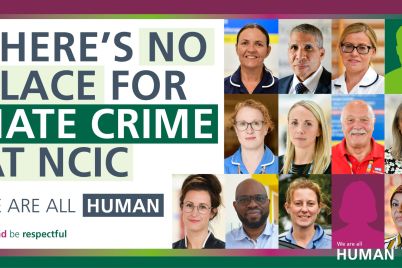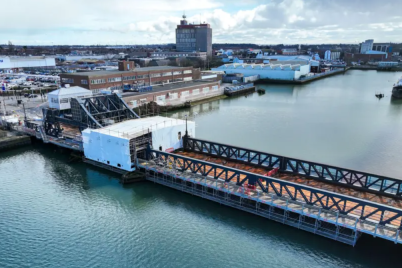Cumbria is on the brink of a major change to its local government.
Councillors are preparing to decide whether to create a mayor-led combined authority.
The proposal, backed by the Government, promises to bring a £333m, 30-year investment fund to the county, alongside new strategic powers over transport, housing, skills, regeneration, climate action, and public safety.
If both Westmorland and Furness Council and Cumberland Council give their consent, a Cumbria Combined Authority would be legally established in early 2026.
Leadership during the first year would be shared between the two councils before Cumbria’s first directly elected mayor takes office after an election in May 2027. The new mayor would serve a four-year term and become the public face of decision-making across the county.
The deal would provide a guaranteed £11.1m annually through the Mayoral Investment Fund, with £5.5m released in the first year of operation before the mayor takes office. In addition, the Government has promised £4m in capacity funding to help establish and run the new authority during its early years. The combined authority would also have access to devolved budgets from Whitehall covering skills, transport, housing and regeneration, giving it a level of local control not available under the current system.
Council leader Jonathan Brook, speaking for Westmorland and Furness, said the proposal would ensure Cumbria was “not left behind when it comes to investment”
He argued that the county must “have a seat alongside other areas of the North on important national forums if the ambitions we have for a better, stronger, more inclusive economic future for all are to be realised.”
He further added that moving decisions away from Westminster and closer to communities was “a very positive step and one we welcome.”
The journey towards devolution began in October 2024 when Cumberland and Westmorland and Furness Councils jointly wrote to Government expressing interest in the process.
Both councils, formed from local government reorganisation that replaced Cumbria County Council and six district councils, said their joint approach reflected “our shared history and areas of strategic interest.” At the time they emphasised that expressing an interest was not a commitment, but in January 2025 they applied to join the Government’s Devolution Priority Programme. By February, Cumbria was one of just six areas accepted nationally.
A Government consultation on the proposals ran between February and April 2025, receiving 1,325 responses. Around 60 per cent of individuals opposed the creation of a mayoral authority, but most organisational responses, including businesses and voluntary groups, were supportive. The Government later confirmed that Cumbria met the statutory tests for progressing devolution.
In July 2025, ministers agreed to delay the proposed mayoral election to May 2027 to allow more time for preparation and to align with local elections.
Supporters argue that the deal would help Cumbria deliver its long-term strategy of becoming the most prosperous, sustainable and inclusive rural economy in the UK by 2045. The county faces significant challenges, including an ageing and shrinking workforce, outmigration of young people, health inequalities, and economic disparities between communities.
With devolved powers, the combined authority could take a county-wide approach to issues such as transport links, skills training, housing delivery and economic regeneration, supported by stable long-term funding rather than piecemeal grants.
However, the council’s own report acknowledges that the proposal carries risks. Decisions within the new authority would generally be made by simple majority, creating the possibility that one constituent council could be outvoted by the other working with the mayor.
Both councils would also remain financially liable for the combined authority, meaning they would share ultimate responsibility for its budget. Additional demands would be placed on councillors and officers as they take on new strategic responsibilities.
Not consenting would avoid these risks but would also mean losing guaranteed investment and continued reliance on short-term, competitive funding pots. It would also limit Cumbria’s ability to shape regional and national policy.
Officials warn that failure to proceed could leave the county disadvantaged compared with neighbouring mayoral authorities such as Greater Manchester, Tees Valley and the Liverpool City Region, which already benefit from devolved powers and funding settlements.
A spokesperson for Westmorland and Furness Council said the decision was “clearly a very significant” one, explaining that members would consider Government information, evidence from other areas already operating under elected mayors, and the outcome of the consultation. Papers for the Cabinet set out both the risks of consenting and the risks of withholding consent, alongside the strategic case for proceeding.
The final decision is due on 14 October, when both Westmorland and Furness and Cumberland Councils will vote on whether to give their consent.
If they agree, Cumbria will join the growing list of English regions with devolved mayoral authorities, reshaping decision-making across the county and potentially securing hundreds of millions of pounds in new investment over the next three decades.
















